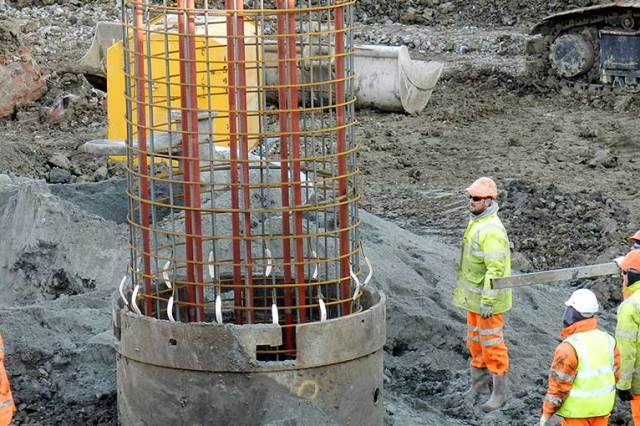The extension of anti-dumping measures follows a U-turn by the Trade Remedies Authority, which last year recommended scrapping the duties.
The European Commission imposed anti-dumping duties on imports of high fatigue performance steel concrete reinforcement bars from China in July 2016. The EU measure expired on 29th July 2021 without review.
The UK government – with the UK by this time outside of the European Union – looked at maintaining duties on Chinese rebar and initially came out in favour of scrapping the measures. [See our previous report here.]
The Trade Remedies Authority (TRA) was established post-Brexit in June 2021 as the first non-departmental public body of the Department for International Trade to investigates whether or which EU trade remedy measures should remain to counter ‘unfair’ import practices.
Since publication of the TRA’s interim findings last year, proposing ending tariffs on Chinese rebar, it was pressed to think again. More recent import data has indicated that falling levels of imports of HFP rebar from Russia, Belarus and Ukraine in the past year have been compensated for by rising imports from other countries. In addition, the TRA expects demand from the UK construction industry to grow less rapidly than previously expected. Taking this additional data into account, the TRA recommended to the secretary of state to extend the measures on HFP rebar imports.
The duties will now run until July 2026.
Business and trade minister Nigel Huddleston said: “This decision will help our strategically vital steel industry, which supports tens of thousands of jobs, to stay competitive.”
The British Association of Reinforcement (BAR) represents UK rebar suppliers. Its chairman, Steve Elliott – who last year described thoughts of revoking duties as ‘utter madness’ – said of the U-turn: “We welcome this support for the UK steel industry and the recognition that there is more than enough steel producing capacity in the UK and Europe.
“The importation of Chinese steel has negative CO2 impacts. Chinese steel is often manufactured using basic oxygen furnaces which produce up to five times the amount of CO2 compared to the electric arc furnace methods used by UK and European steel mills. In addition, there are the resultant significant shipping CO2 impacts.”
Got a story? Email [email protected]

